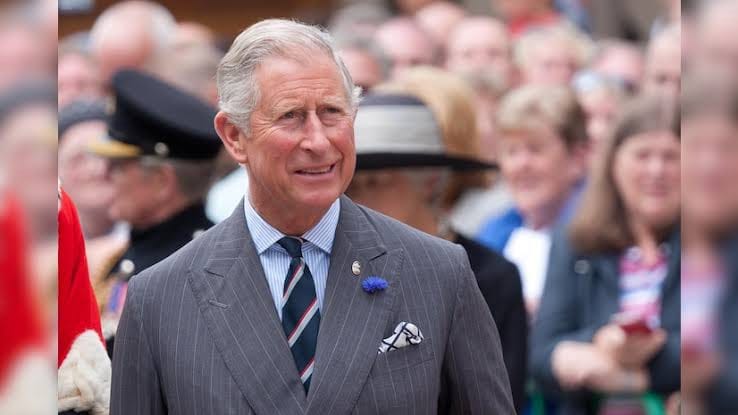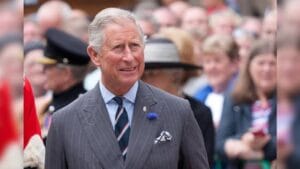King Charles III confronts royal legacy of slavery, stops short of endorsing reparations
King Charles III has acknowledged the “painful” legacy of Britain and the royal family’s historical profits from slavery

In a significant address at the Commonwealth leaders’ summit in Samoa, King Charles III has acknowledged the “painful” legacy of Britain and the royal family’s historical profits from slavery. However, he did not endorse calls for reparations, leaving many to question the future of Britain’s engagement with its colonial past.
Reflecting on the impact of this legacy, Charles stated, “the most painful aspects” of the British Commonwealth’s history “continue to resonate.” He emphasized the importance of recognizing Britain’s past, calling for an acknowledgment of “where we have come from.”

Historians point to a grim chapter of British history in which twelve monarchs, beginning with Elizabeth I in the 1500s and culminating with William IV in the 1800s, actively sponsored or profited from the slave trade. For over 270 years, the royal family benefited directly from a system that saw countless lives reduced to mere commodities.
Calls for reparations have intensified in recent years, with several African and Caribbean nations urging Britain and other European powers to provide financial compensation for the atrocities of slavery. British Prime Minister Keir Starmer has rejected the idea of reparations outright but signaled a willingness to explore debt relief and restructuring of financial institutions as partial measures of reparative justice.
St. Vincent and the Grenadines Prime Minister Ralph Gonsalves has advocated for a comprehensive reparative justice plan, highlighting the long-lasting psychological and socioeconomic scars left by slavery. “There was nothing for them to start with and build on — no land, no money, no training, no education,” Gonsalves told The Guardian, lamenting the stark contrast between the compensation paid to slave owners when slavery was abolished and the lack of restitution for those who endured enslavement.
Also Read:Breaking News: Ugandan sentences LRA commander to 40 years in landmark war crimes trial
The calls for revelations within the Commonwealth extend beyond financial compensation; they seek to officially recognize the enduring adverse effects of centuries of slavery on descendants of enslaved individuals. Notably, one company linked to British royalty forcibly transported 41,923 African slaves from 1714 to 1740, as documented in the Slave Voyages database.
Queen Anne’s reign (1702-1714) marked a pivotal moment in Britain’s slave trading history, as she utilized the South Sea Company to monopolize the supply of African slaves to Spain’s colonies in South America.
In 2023, Charles III indicated support for researching the royal family’s ties to slavery, especially following revelations from a 1689 document revealing King William III’s financial involvement in a slave trading enterprise. As the debate around reparations continues, the question remains: how will the monarchy reconcile its past with its present?















